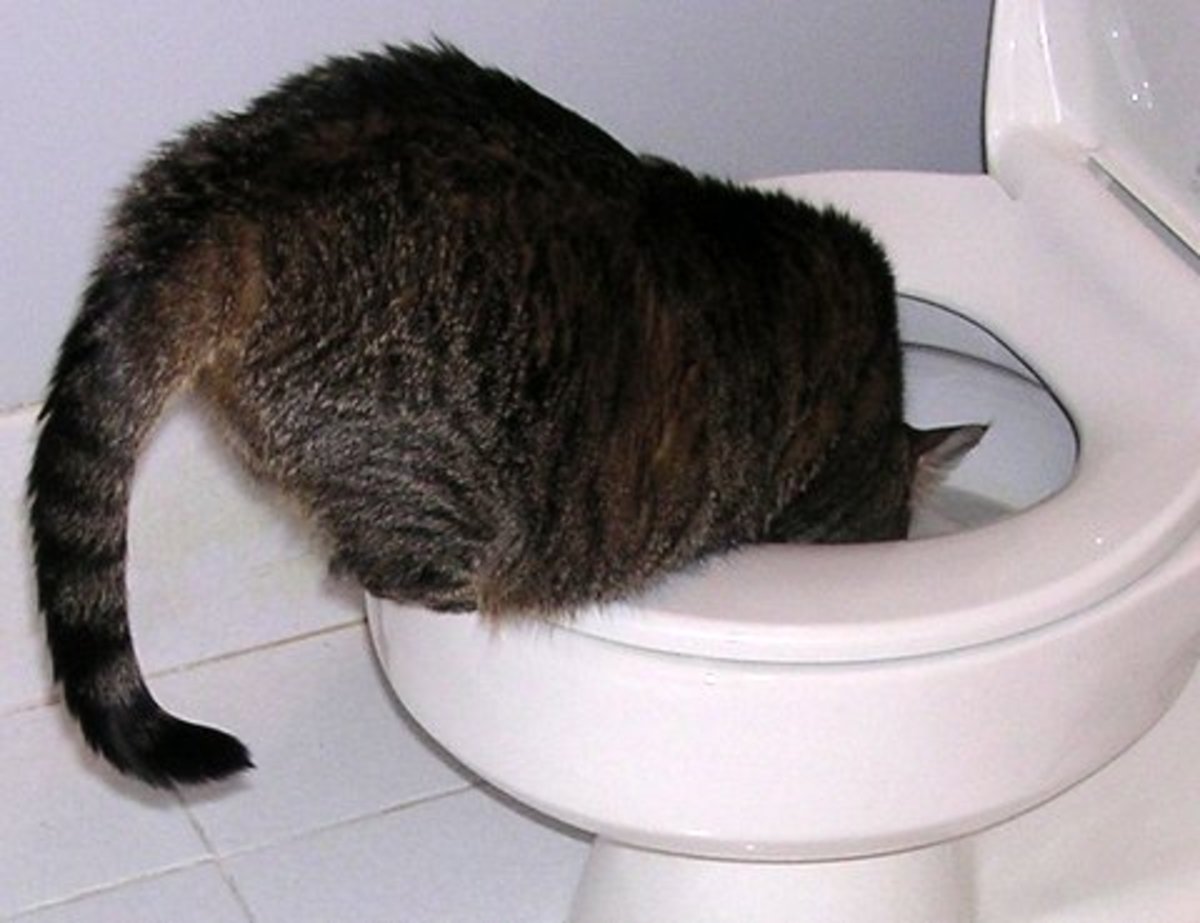Why You Mustn't Flush Cat Poop Down Your Toilet - Maintain Your Plumbing Health
Why You Mustn't Flush Cat Poop Down Your Toilet - Maintain Your Plumbing Health
Blog Article
Every person is bound to have their own individual piece of advice involving How to Dispose of Cat Poop and Litter Without Plastic Bags.

Introduction
As pet cat proprietors, it's necessary to bear in mind just how we get rid of our feline close friends' waste. While it may seem hassle-free to purge cat poop down the bathroom, this technique can have harmful repercussions for both the environment and human health and wellness.
Alternatives to Flushing
Fortunately, there are more secure and a lot more liable ways to deal with cat poop. Think about the following alternatives:
1. Scoop and Dispose in Trash
The most typical method of throwing away feline poop is to scoop it into an eco-friendly bag and toss it in the garbage. Make certain to utilize a committed clutter inside story and dispose of the waste without delay.
2. Use Biodegradable Litter
Select naturally degradable cat litter made from products such as corn or wheat. These litters are environmentally friendly and can be securely gotten rid of in the garbage.
3. Hide in the Yard
If you have a backyard, think about burying feline waste in a marked area far from vegetable yards and water resources. Make sure to dig deep enough to stop contamination of groundwater.
4. Set Up a Pet Waste Disposal System
Purchase an animal waste disposal system specifically designed for cat waste. These systems use enzymes to break down the waste, lowering odor and environmental influence.
Wellness Risks
Along with environmental issues, purging pet cat waste can also position health and wellness dangers to people. Feline feces may contain Toxoplasma gondii, a bloodsucker that can cause toxoplasmosis-- a potentially severe illness, particularly for expectant ladies and individuals with damaged body immune systems.
Environmental Impact
Purging cat poop introduces hazardous virus and bloodsuckers into the water system, positioning a considerable risk to marine communities. These contaminants can negatively influence marine life and concession water high quality.
Final thought
Responsible family pet ownership extends past offering food and sanctuary-- it also entails proper waste monitoring. By refraining from flushing feline poop down the commode and selecting different disposal approaches, we can reduce our ecological impact and shield human health and wellness.
Why You Should Never Flush Cat Poop Down the Toilet
A rose by any other name might smell as sweet, but not all poop is created equal. Toilets, and our sewage systems, are designed for human excrement, not animal waste. It might seem like it couldn’t hurt to toss cat feces into the loo, but it’s not a good idea to flush cat poop in the toilet.
First and foremost, assuming your cat uses a litter box, any waste is going to have litter on it. And even the smallest amount of litter can wreak havoc on plumbing.
Over time, small amounts build up, filling up your septic system. Most litter sold today is clumping; it is made from a type of clay that hardens when it gets wet. Ever tried to scrape old clumps from the bottom of a litter box? You know just how cement-hard it can get!
Now imagine just a small clump of that stuck in your pipes. A simple de-clogger like Drano isn’t going to cut it. And that means it’s going to cost you big time to fix it.
Parasitic Contamination
Believe it or not, your healthy kitty may be harboring a nasty parasite. Only cats excrete Toxoplasma in their feces. Yet it rarely causes serious health issues in the cats that are infected. Most people will be fine too if infected. Only pregnant women and people with compromised immune systems are at risk. (If you’ve ever heard how women who are expecting are excused from litter cleaning duty, Toxoplasma is why.)
But other animals may have a problem if infected with the parasite. And human water treatment systems aren’t designed to handle it. As a result, the systems don’t remove the parasite before discharging wastewater into local waterways. Fish, shellfish, and other marine life — otters in particular — are susceptible to toxoplasma. If exposed, most will end up with brain damage and many will die.
Depending on the species of fish, they may end up on someone’s fish hook and, ultimately on someone’s dinner plate. If that someone has a chronic illness, they’re at risk.
Skip the Toilet Training
We know there are folks out there who like to toilet train their cats. And we give them props, it takes a lot of work. But thanks to the toxoplasma, it’s not a good idea.

Hopefully you enjoyed our post about How to Dispose of Cat Poop and Litter Without Plastic Bags. Thank you for taking a few minutes to read through our piece of content. Sharing is caring. You never know, you could be helping someone out. Many thanks for your time. Kindly visit our site back soon.
Click Here Report this page